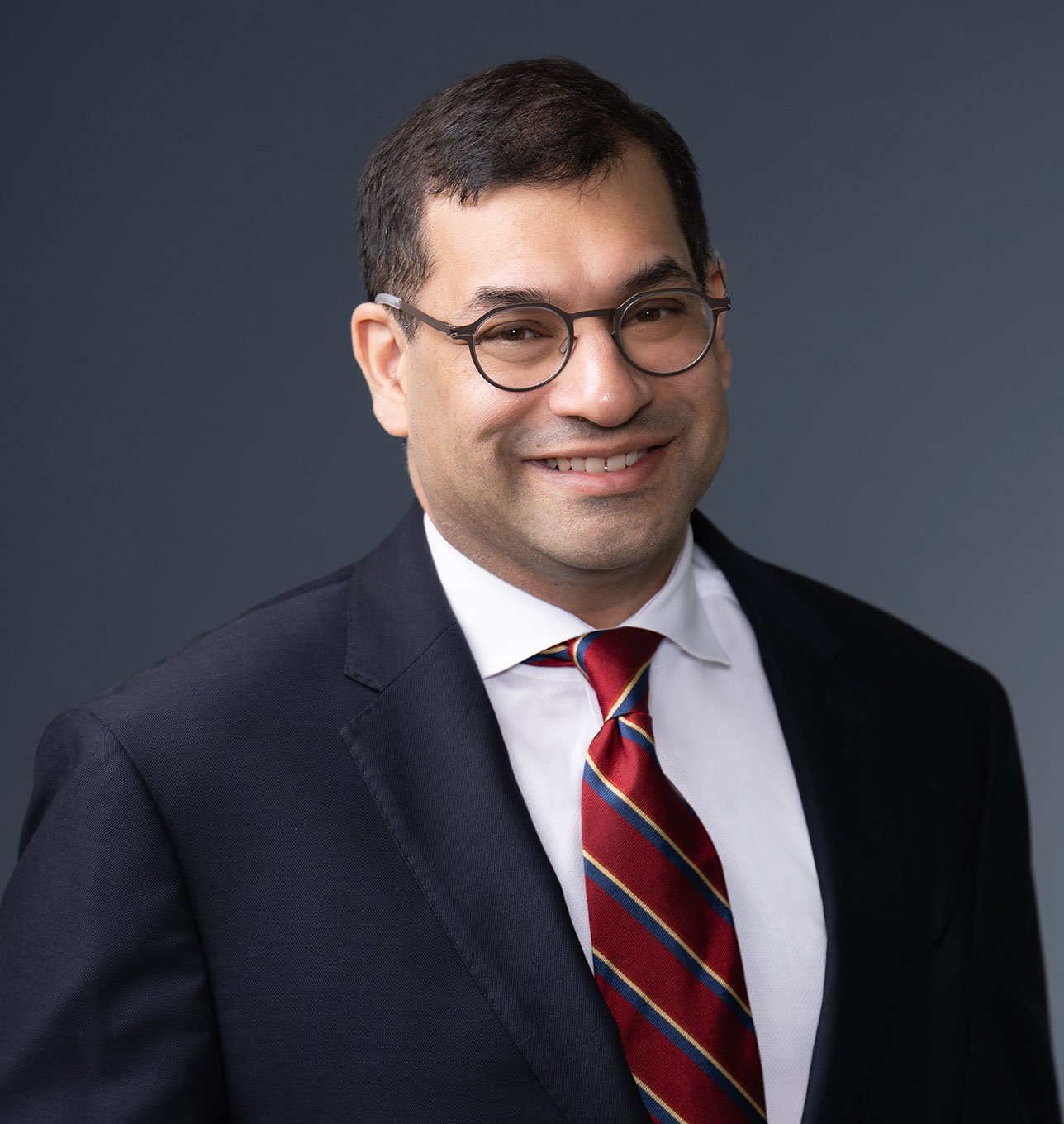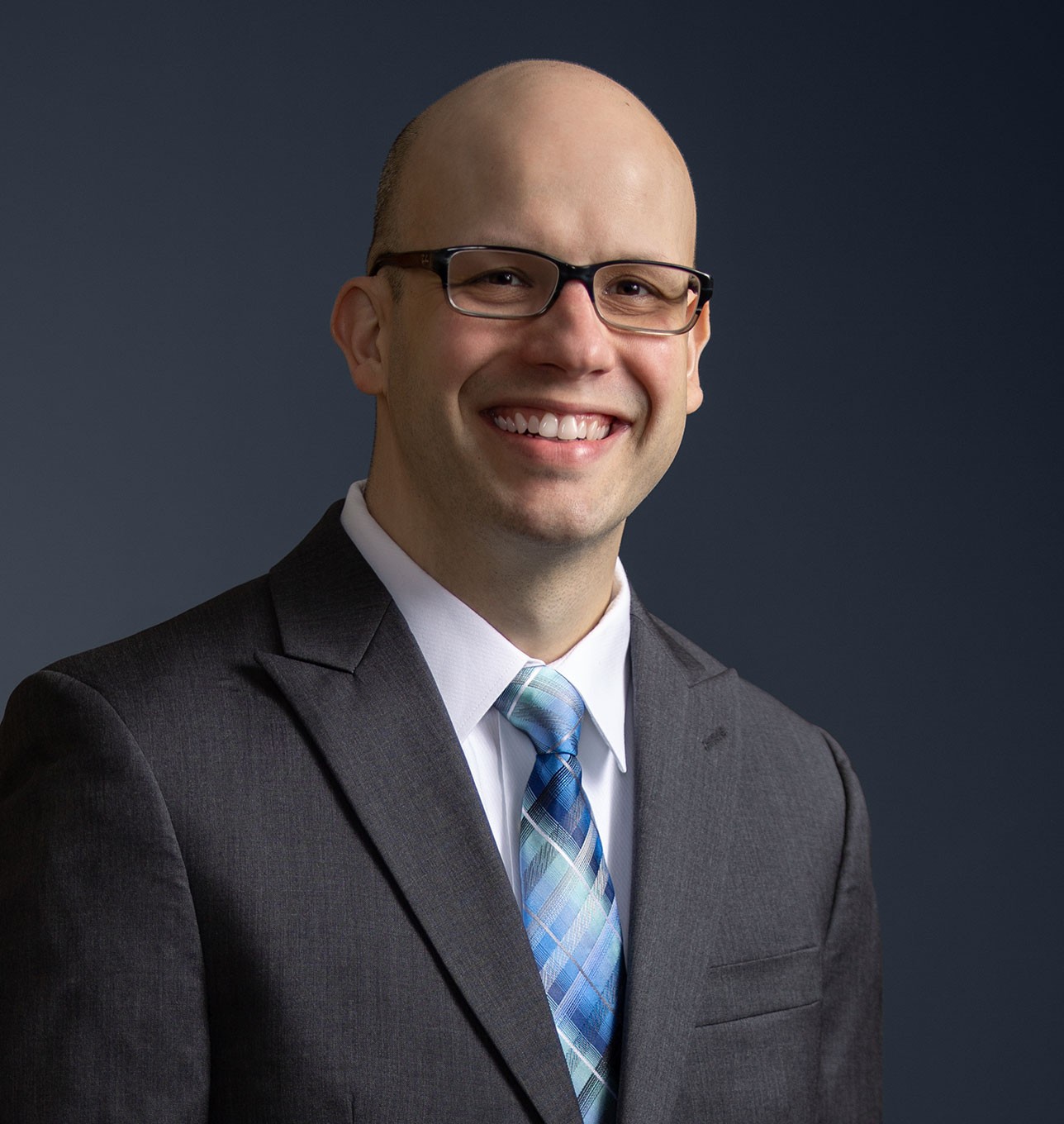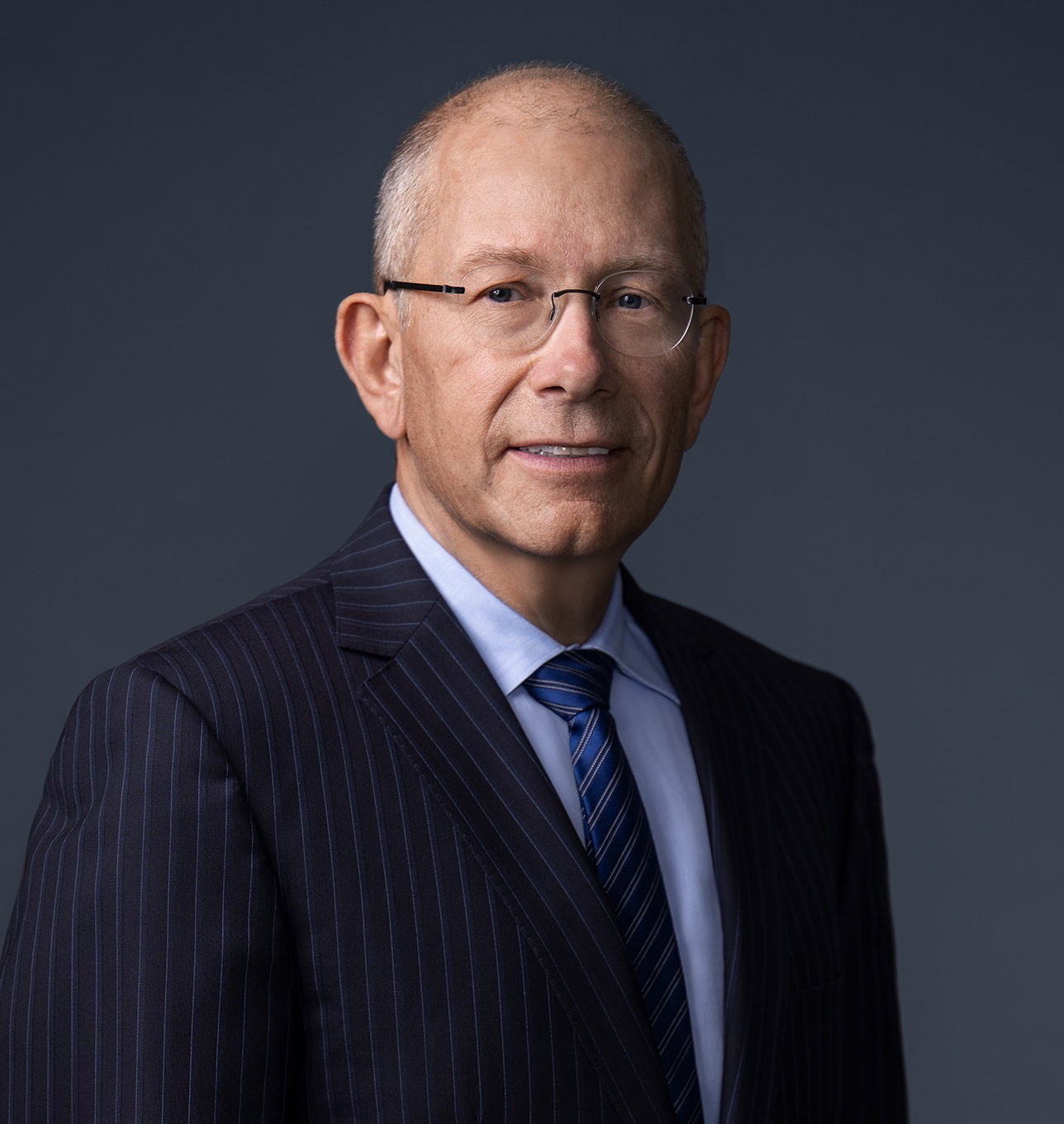Eleventh Circuit Deepens Circuit Split, Holding That District Courts Must Resolve Daubert Challenges To Experts Before Ruling On Class Certification
In a recent unpublished decision, the U.S. Court of Appeals for the Eleventh Circuit held that district courts must resolve Daubert challenges to expert testimony proffered in support of class certification before resolving a motion to certify the class. In so holding, the Eleventh Circuit adopted the position of the Second, Third, and Seventh Circuits. By contrast, the Ninth Circuit had held in Dukes v. Wal-Mart Stores, Inc.—a decision being reviewed by the Supreme Court—that district courts need not consider plenary Daubert challenges to experts before ruling on class certification.
Background
In Sher v. Raytheon Co., No. 09-15798, several Florida landowners sued Raytheon on behalf of a putative class, alleging that the company had contaminated their groundwater by improperly disposing of waste. In support of class certification, the plaintiffs relied upon an expert who proposed to use a statistical model to calculate liability and damages on a class-wide basis. Raytheon moved to strike the testimony, presenting its own experts who testified that plaintiffs’ statistical model was unsound and that plaintiffs’ method of identifying the affected area was “inconsistent with applicable professional standards.” The district court certified a class, holding “that it is not necessary at this stage of the litigation to declare a proverbial winner in the parties’ war of the battling experts or dueling statistics and chemical concentrations,” because “engag[ing] in a Daubert style critique” of the experts’ testimony would “delve[] too far into the merits of Plaintiffs’ case.”
Raytheon sought to appeal the certification order under Federal Rule of Civil Procedure 23(f). The Eleventh Circuit granted review and reversed and remanded the case, holding that the district court’s “refus[al] to conduct a Daubert-like” evaluation of the class-certification experts’ testimony was error because “a district court must make the necessary and legal inquiries and decide all relevant contested issues prior to certification.” The court of appeals explained that, even when a district court is asked to resolve difficult challenges to experts’ testimony, “[t]ough questions must be faced and squarely decided.”
Analysis
Although unpublished, the Eleventh Circuit’s decision and the reasoning it contains is of significant importance to businesses facing class actions—especially if the Supreme Court does not reach the issue in the course of deciding Dukes. (A decision is expected in Dukes by the end of June.) Some district courts have been reluctant to consider and resolve Daubert challenges to experts at the class-certification stage, fearing that such inquiries might require improper consideration of the merits of the case. That reluctance has had negative consequences for businesses targeted by class actions: Expert testimony often is the linchpin of plaintiffs’ arguments that a case can feasibly be tried on a class-wide basis, so when a district court postpones the resolution of evidentiary objections under Daubert, there is a serious risk of improper class certifications. That result, in turn, can lead to coerced settlements from the targeted business. The Eleventh Circuit’s decision in Sher—joining with the decisions of the other three circuits—confirms the majority rule that these challenges should not be deferred. It also serves as a reminder of the importance of Daubert challenges to experts that plaintiffs may proffer in support of class certification.
For more information about the issues raised in this Legal Update, please contact Evan M. Tager, Archis A. Parasharami, or Kevin S. Ranlett in our Washington office or Craig A. Woods in our Chicago office .




